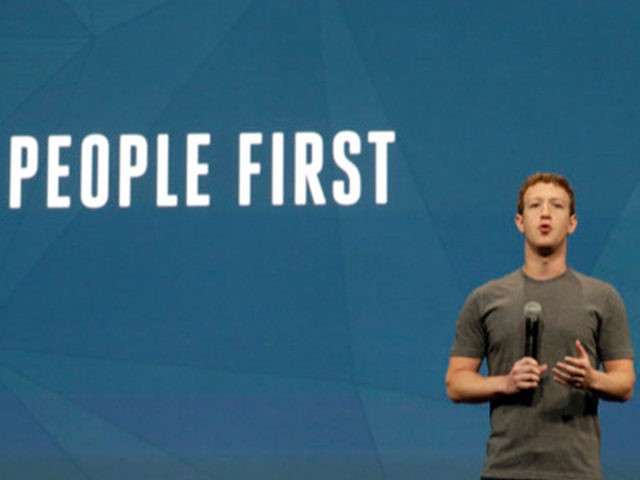TechCrunch has published a timeline of Facebook’s privacy hostility ahead of CEO Mark Zuckerberg’s testimony before the Senate Judiciary and Senate Commerce Committees later today.
The article published by TechCrunch provides a number of examples of Facebook’s overreach in terms of privacy and their reaction when called out on their actions. The timeline begins in February 2004, when Facebook was launched by Mark Zuckerberg, and follows all the way through until April 2018, documenting some of Facebook’s worst breaches of user privacy which have been happening since the very start of the company.
Here are a few excerpts from the start of TechCrunch’s timeline:
February 2004 — Facebook is launched by Harvard College student Mark Zuckerberg
September 2006 — Facebook launches News Feed, broadcasting the personal details of Facebook users — including relationship changes — without their knowledge or consent. Scores of users protest at the sudden privacy intrusion. Facebook goes on to concede: “We really messed this one up… we did a bad job of explaining what the new features were and an even worse job of giving you control of them.”
November 2007 — Facebook launches a program called Beacon, injecting personal information such as users’ online purchases and video rentals on third party sites into the News Feed without their knowledge or consent. There’s another massive outcry — and a class action lawsuit is filed. Facebook eventually pays $9.5M to settle the lawsuit. It finally shutters the controversial program in 2009
May 2008 — a complaint is filed with the Privacy Commissioner of Canada concerning the “unnecessary and non-consensual collection and use of personal information by Facebook”. The following year the company is found to be “in contravention” of the country’s Personal Information Protection and Electronic Documents Act. Facebook is told to make changes to its privacy policy and tools — but the Commissioner is still expressing concerns at the end of 2009
In 2014, the site began performing social experiments on users without their permission:
June 2014 — Facebook data scientists publish a study detailing the results of an experiment on nearly 700,000 users to determine whether showing them more positive or negative sentiment posts in the News Feed would affect their happiness levels (as deduced by what they posted). Consent had not been obtained from the Facebook users whose emotions were being experimenting on
And finally just this month:
April 2018 — Facebook also reveals that somewhere between 1BN and 2BN users have had their public Facebook information scraped via a now disabled feature which allowed people to look up users by inputting a phone number or email. The company says it discovered the feature was abused by “malicious actors”, writing: “Given the scale and sophistication of the activity we’ve seen, we believe most people on Facebook could have had their public profile scraped in this way”
Read the full timeline at TechCrunch here.
Lucas Nolan is a reporter for Breitbart News covering issues of free speech and online censorship. Follow him on Twitter @LucasNolan_ or email him at lnolan@breitbart.com

COMMENTS
Please let us know if you're having issues with commenting.